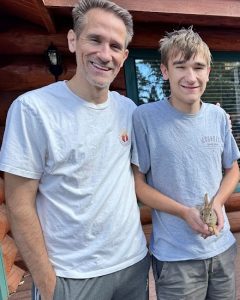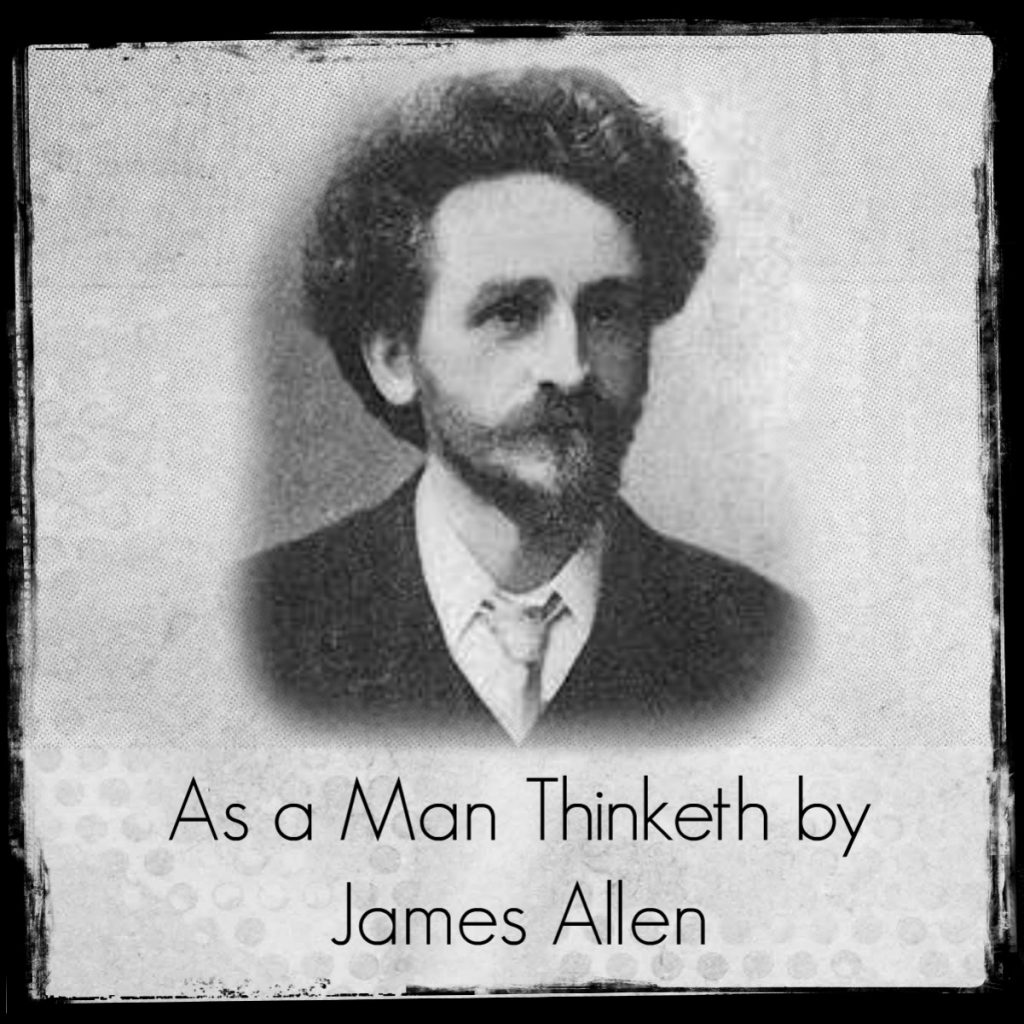By Matthew Piling
About four minutes into The Hunger Games: Mockingjay (Part 1), Katniss finds herself in an elevator with Commander Boggs. There is conversation about all that has happened as Boggs is leading Katniss to an important meeting. When the elevator finishes its descent and the doors open to reveal a very crowded concourse, Katniss and Boggs immediately exit the elevator. They don’t pause to surmise the situation or to plan out their path forward. They simply step into the crowd and head in the direction of their goal. As they move forward, Katniss even looks upward to take in her surroundings rather than focus on either the goal or the obstacles in front of them. It is a very short and very simple scene, but, for some reason it spoke to me.
I think that the greatest thing that I have learned as I have studied the laws of Rare Faith is that the most important thing that we can do is focus on the positive feelings and excitement of the accomplishment of our end goal—not on the path to our end goal. Leslie talks about focusing on a wall with no holes, rather than on how to go about patching the hole. It is a seemingly subtle difference in wording, but it makes all the difference.
In the movie scene mentioned above, Katniss and Boggs are headed to the stairs directly across the concourse from the elevator. Yet, if we trace their steps, they don’t take a direct path from point A to point B. At times, they have to veer slightly or pause to avoid collision, but they don’t let those obstacles cause them to stop, to give up, or to retreat. They are so focused on their conversation and their destination that they don’t even seem to notice the crowd. They just innately make their way through, each step being guided by the goal and realigned towards it.
If Katniss and Boggs had determined to follow a specific path, placing their feet only in predesignated positions, they still would have reached their goal. But, they probably would have had to either wait on or plow through others who blocked their desired path. By being less focused on the how and more focused on the desired outcome, they allowed themselves to be fluid in their decision making process. At each step along the way, they had the freedom to do as needed without concerns about missteps. There was no self judgment or negative energy tied up in concerns about incorrect foot placement. They knew their goal, they knew they would achieve their goal, and they moved forward in faith.
It is interesting that a somewhat less direct path ended up being the fastest path. Granted, if there were no obstacles, a straight line would have been the quickest option (and they innately would have stuck to that path), but THERE ARE ALWAYS OBSTACLES. Too often in life, we allow obstacles to slow us down, rather than simply guide our steps. We focus on them, analyze them, befriend them, and hang out with them. The reason that they are obstacles isn’t because they stand in our way—it is because they draw our focus off of the end goal. To paraphrase Leslie, the solution to overcoming any obstacle is only an idea away. But, those ideas will only come if we are focused on arriving at a destination. If we don’t have a decided destination, no path can be made obvious. And, if we allow the enormity or the inconvenience of an obstacle to steal our mental and emotional focus, we are no longer in tune with the end goal because we have re-tuned our frequency to that of the obstacle.
Years ago, I had free tickets to attend a concert downtown. My work schedule didn’t allow much travel time and there were multiple large events going on that evening. I knew that parking would be limited and time would be tight. The closer we got to downtown, the worse traffic became and, in tandem, the worse my mood became. As we neared where I had planned on parking, every other driver was an obstacle and an enemy to me. I was fuming. Trying to shortcut things a little, I pulled in behind a bus that looked like it was turning right. It wasn’t. It was parking. Another bus pulled alongside us and also parked, effectively blocking me into a spot where I wasn’t allowed to park. The drivers of both busses then got out of their vehicles and proceeded to argue for the next several minutes with a police officer about whether or not they were allowed to park there. At this point, I was livid. Trapped both physically and emotionally, I couldn’t move. We missed the concert.
In looking back on that experience, I realize that, while I couldn’t control the traffic, it was still my fault. Rather than focusing on the joy of being at the concert (something I may have done better if I had paid for the tickets and been more fully committed to the goal), I was focused specifically on the obstacles. I went into the situation fully expecting the worst possible outcome and that is exactly what I got. And, as I received proof after proof that my expectations were coming to pass, I allowed myself to become more and more embroiled emotionally in the tragedy that was unfolding before me. My thinking became less and less rational and my reactions became more and more vitriolic. Even if we had made it to the concert, I don’t believe I or my family could have enjoyed it because I had pushed us so far out of harmony with the joy that was supposed to come from that event.
Luckily, it didn’t matter if we attended the concert or not. Our life has moved forward, none of us significantly marred by missing out (though my kids still tell me that that was the only moment they’ve been truly scared of me). If I would have been more in tune with the end goal and less focused on the obstacles, we likely would have made it to the concert. And, if not, we still could have had a pleasant evening together. The only reason that it was a bad experience was because I made it so.
As you navigate the path to your goals, focus on the joy you’ll feel when the goal is achieved. Feel that joy now. Know that what you want wants you. Know that, as you take steps forward, all of the inspiration and resources you need will be provided in the right moments, and not a moment sooner. And, when obstacles appear (they will), just keep moving forward, even if forward is a sidestep. You got this!
_____________
For more about the seven laws that govern prosperity, click here to read Hidden Treasures: Heaven’s Astonishing Help With Your Money Matters FREE.
team. Father of 5, husband of over 20 years, and somewhat funny guy. I love interacting with people on a level that actually matters. I am also a cyclist and a huge Star Wars fan.
- Work vs Time - December 4, 2019
- Determination in the Obstacles - December 4, 2019
- Allowing Abundance - December 4, 2019

















